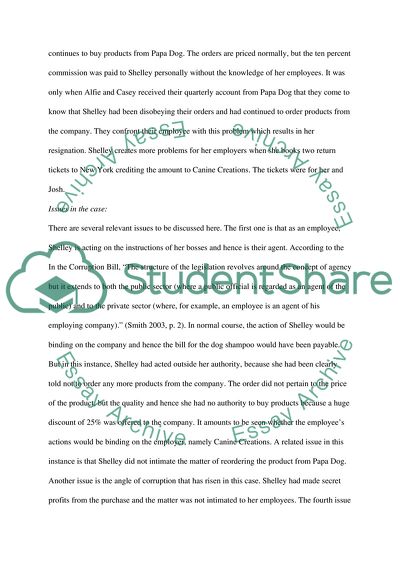Cite this document
(The Law of Agency and the Vicarious Liability Clause Case Study - 1, n.d.)
The Law of Agency and the Vicarious Liability Clause Case Study - 1. Retrieved from https://studentshare.org/law/1719452-law-of-agency
The Law of Agency and the Vicarious Liability Clause Case Study - 1. Retrieved from https://studentshare.org/law/1719452-law-of-agency
(The Law of Agency and the Vicarious Liability Clause Case Study - 1)
The Law of Agency and the Vicarious Liability Clause Case Study - 1. https://studentshare.org/law/1719452-law-of-agency.
The Law of Agency and the Vicarious Liability Clause Case Study - 1. https://studentshare.org/law/1719452-law-of-agency.
“The Law of Agency and the Vicarious Liability Clause Case Study - 1”, n.d. https://studentshare.org/law/1719452-law-of-agency.


